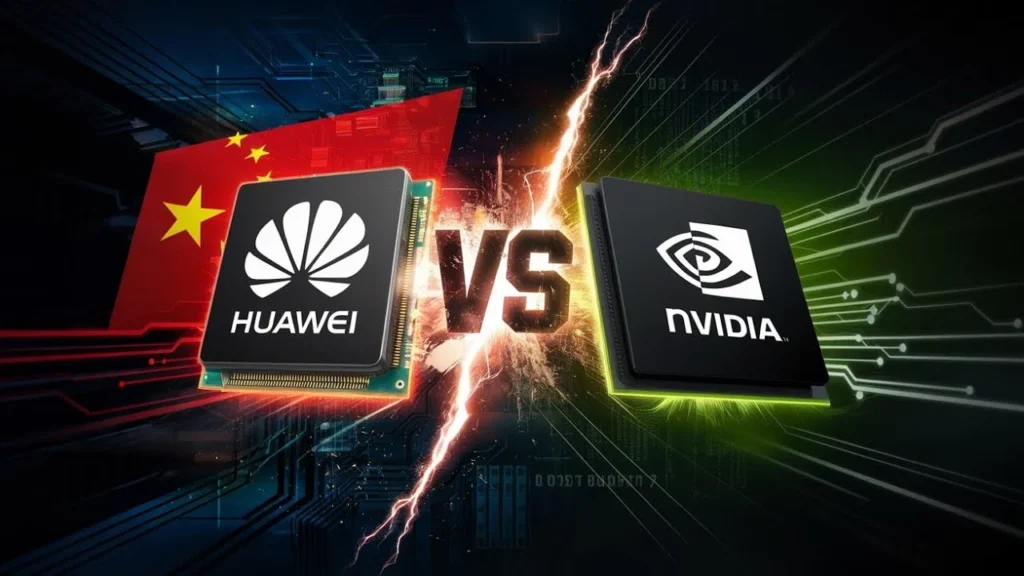Islamabad, 21 Apr, 2025: Huawei has officially introduced its revolutionary high-performance AI framework, the CloudMatrix 384 AI Supernode, positioning itself as a formidable alternative to Nvidia’s elite NVL72 cluster.
According to industry sources and multiple reports, this breakthrough may redefine China’s standing in the advanced AI landscape, particularly in light of stringent U.S. technology sanctions.
Engineered to be a next-gen powerhouse, the CloudMatrix 384 integrates 384 Ascend 910C processors, delivering an extraordinary 300 petaflops of BF16 precision computing.
For comparison, Nvidia’s NVL72 comprised of 72 GPUs connected via NVLink reaches approximately 180 petaflops.
READ MORE:
Huawei Reports Surge in Sales Revenue Amid Market Growth
Analysts within Huawei have labeled this as a “nuclear-class system,” underscoring its strategic weight in China’s AI ambitions.
In terms of architecture, Huawei’s AI Supernode 170% Faster exhibits 3.6x greater total memory and 2.1x more memory throughput compared to Nvidia’s configuration.
Though it consumes nearly fourfold the electricity, this trade-off poses less concern in China, where expanding energy resources allow a focus on raw computational strength over power optimization.
Operational units of the CloudMatrix 384 are already active within Huawei’s advanced data facilities in Wuhu, Anhui province.
Leveraging core competencies in networking, optics, and integrated systems, Huawei has skillfully navigated around international component restrictions through diversified global procurement strategies.
Despite partial reliance on foreign manufacturing such as high-bandwidth memory from Samsung and wafers from TSMC the system’s successful deployment showcases China’s rapid progress in building AI ecosystems that are increasingly self-sufficient.
READ MORE:
Nvidia Launches Budget-Friendly RTX 5000 Series GPUs
While the CloudMatrix 384 may not lead in energy efficiency, the performance-to-cost ratio is viewed as advantageous in strategic national projects, where dominance in artificial intelligence is deemed essential.
This development sends a clear signal: Huawei is no longer merely catching up but setting benchmarks. As nations prioritize AI as a pillar of economic and security growth, such innovations point to a future shaped by computing power, autonomy, and infrastructure scale.
